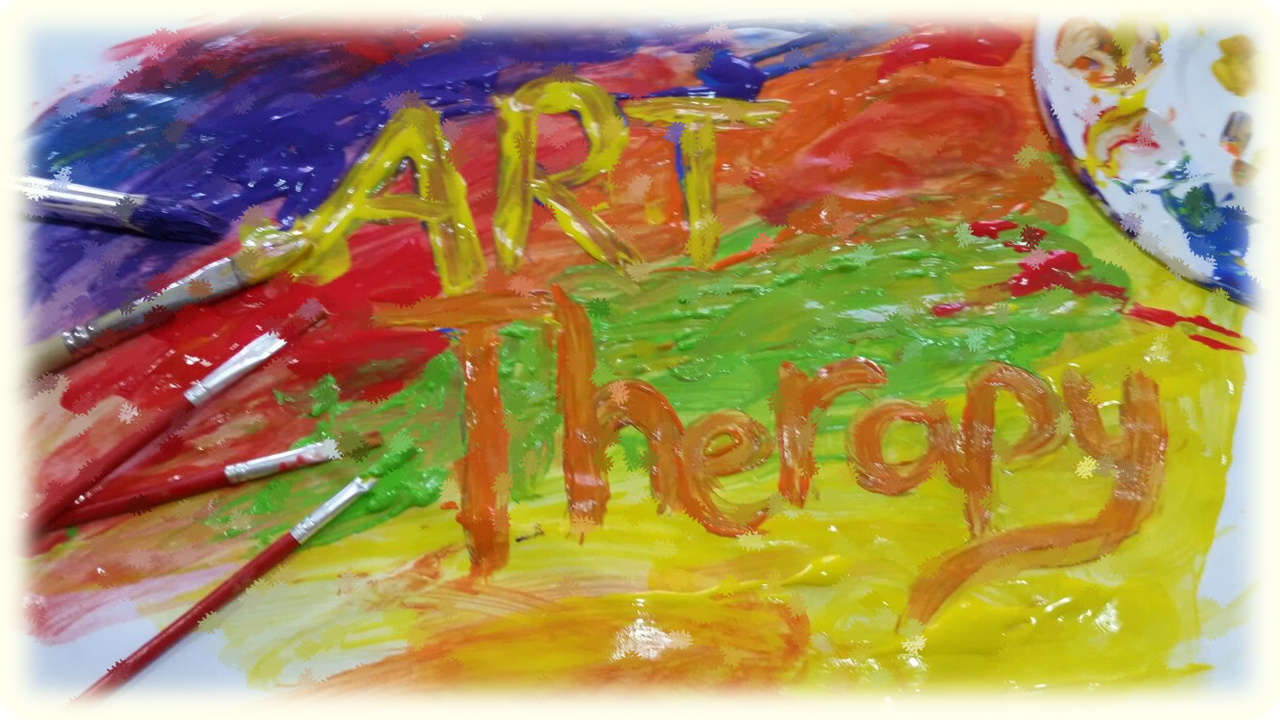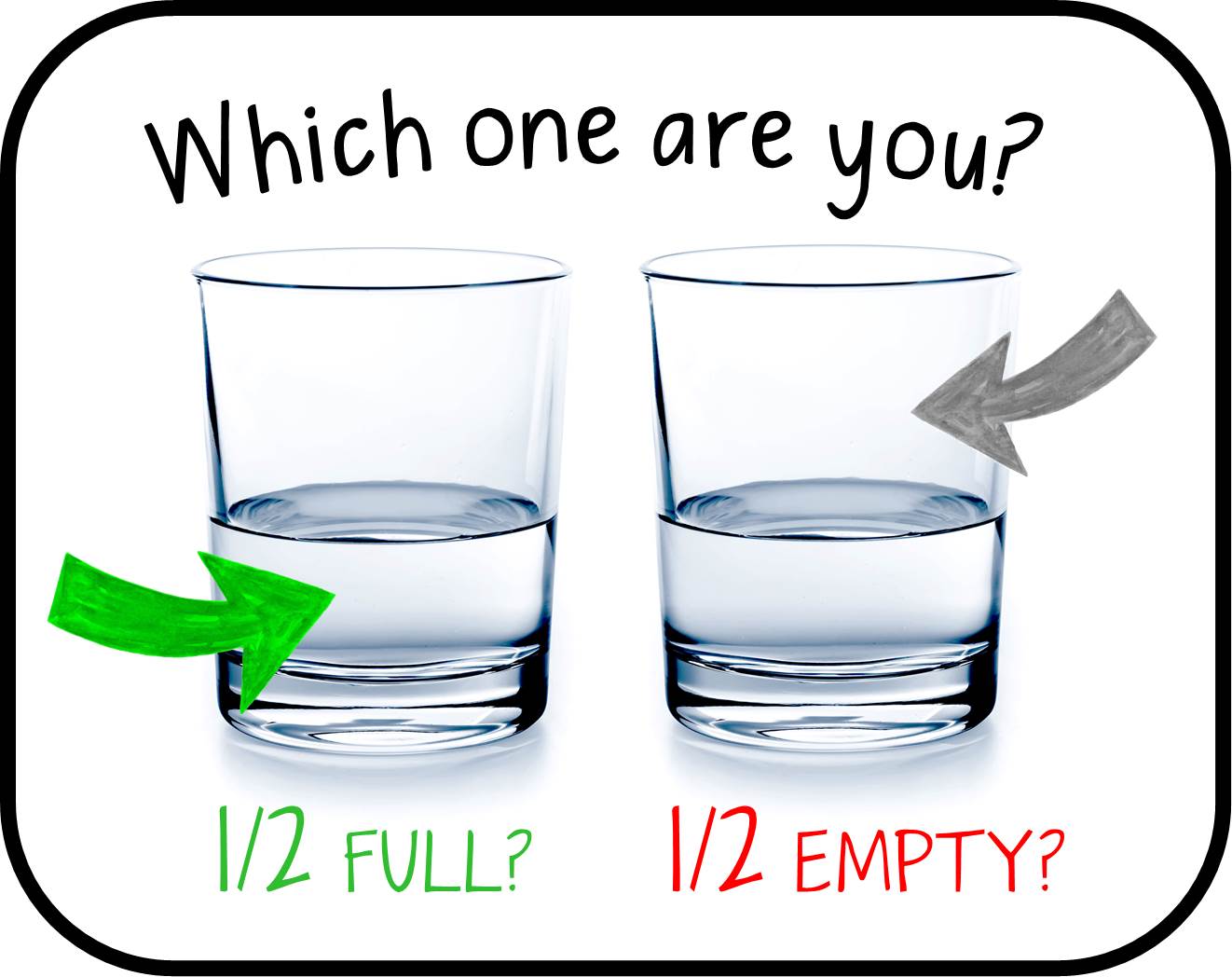The GHI Fund proudly support soldiers, lone soldiers, and active reservists in funding trauma therapy via private practice multilingual therapists to provide imminent specialized care. Soldiers can select their own therapist through our database of participating therapists.

Managing Custody During Corona
By: Linda AvitanThe Corona crisis is challenging and stressful on many levels. This is particularly true in families already challenged by divorce and managing custody. My blog addresses basic points of reference around children's needs and challenges around going back and forth between parents and advise to parents on how to best navigate. I offer some "do's and don'ts" for promoting successful communication as well as advise on juggling your life when the children are with you. I invite you to contact me for help, advise or even just venting! Everyone needs someone, now more than ever.
Read More
The Power of Art Therapy for Emotional Healing
By: Sara FeinbergPeople often ask me, “What is art therapy and how does it work?” Art therapy…
Read More
Isolation Has Brought Us Together
By: Elan KartenWe’re in isolation, and isolation has brought us together.

My Unorthodox life: Exploring Differences of Opinion in Couplehood
By: Micki Lavin-PellWhen I work with couples through dealing with differences, whether it be religious or any other practice or want, I help the couple explore their deeper feelings around their differences of opinion and differences of practice. Couples deal with all kinds of differences. Some examples are issues around health and fitness, what kinds of food enters the home, what kinds of media are allowed, how to use finances, what dress represents members of the home, places to hang out and where not to go, how much time to spend together, what to do with the time they spend together, where to go on vacation, to name but a few.
Read More
Adult ADHD
By: Aviva Zahavi-AsaSuccess for adults with ADHD often stems from identifying and building on their strengths, while not over-focusing on their weaknesses. Discovering one particular talent or specialized area of accomplishment is critical for adults (and children) with ADHD. The earlier in life that individuals with ADHD identify their strengths, the greater the likelihood that they will succeed as adults in their chosen academic or occupational fields of interest.
Read More.png)
My Journey Through Chronic Pain: A Personal and Professional Story of Healing
By: Tzipora HaitPhysical pain in the body that is produced by our brain is identical, whether there is an actual structural injury in the body or whether the brain mistakenly believes there is a structural injury in the body. To offer an analogy, a smoke alarm that sounds because it is broken makes the exact loud and very real noise as a smoke alarm that sounds because there is smoke from an actual fire.
Read More.png)
Understanding Relational Therapy and Why It Matters in Eating Disorder Treatment
By: Hadassah (Johanna) HazanThis piece traces the evolution of relational therapy and shows why its emphasis on attunement, authenticity, and connection is especially effective in treating eating disorders. It reveals how the therapeutic relationship itself becomes a corrective emotional experience, allowing clients to access and heal the deeper wounds beneath disordered eating.
Read More.png)
The Interplay of Dread AND Hope: Holding and Navigating Contrasting Emotions in Cultivating Resilience
By: Evelyn RappoportPeople often ask me: how it is possible to celebrate amid deep suffering and life-altering traumatic events that shatter any sense of safety or security and leave us in confusion and the unknown? Dread and Hope, though seemingly contradictory, can coexist in a complex dance that shapes the human experience. Here's how...
Read More
Embracing Your Fear
By: Nancy SchwartzEight years ago when I was diagnosed with Lyme disease I had a deep-seated fear of never walking again; that I would never be able to take long aimless walks like the days before.
Read More
Earth, Water, Air, and Fire
By: Chava LedererThe four classical elements are channels through which we make contact with the present moment reality, and engage our uniquely human mind – a mind capable of creativity, of connecting to others, of faith and spirituality. I offer you these four elements as resources in moments of stress, panic, fear, or any other overwhelming experience.
Read More
Sating the Binge
By: Chava LedererBingeing is an issue of physiological needs and emotional nourishment. If we attend to these, we can find peace with food, our bodies, and our minds.
Read More
On Becoming a Personal Scientist: Living in the half-full glass
By: Ruth ShidloThe half-full glass is the antidote to the half-empty one.
Read More.png)
Three Ways That Differentiation- Based Couples Therapy Changed My Life
By: Melanie LandauThe more that my sense of self is reflected to me by others the more I make myself vulnerable to be manipulated and gaslit. If I want to be loved, liked, appreciated by the other person more than I listen to myself then I set myself up for trouble.
Read More.png)
Resilience Series Part 1
By: Esther Adams AharonyLife is full of good moments, but it isn’t always a smooth ride. There are many ups and downs, such as love and loss, success and struggle, happiness and heartbreak, and joy and trauma. Furthermore, none of us have a road map or a chapter index for our life journeys. Through the next 5 blogs, I will offer a step-by-step science-based approach to help you boost your resilience.
Read More.png)
Why You Should Go to Sleep Angry
By: Yonatan SchechterContrary to popular wisdom, going to sleep angry is often the best strategy for couples in conflict. Time and rest allow emotions to settle and perspective to return, making successful reconciliation far more likely than late-night attempts when both parties are exhausted and agitated.
Read More
The CYCLE: The Key to Rebuilding Your Marriage
By: Daniel FundSomething was comin' there way and it was no good... Shira and David find themselves in a vicious cycle that they are both trapped in for years. They fall back to their default coping styles which continue failing them. In fact, we all fall back to these coping styles...
Read More
Exodus and Anxiety
By: Ariel PenkowerSlavery, while terrible, represented a secure existence. By that, I mean that life was consistent, unchanging, certain. A slave will never achieve great things or recognition on a greater societal level, but he/she will also rarely encounter doubt and anxiety.
Read More.png)
New Job Jitters
By: Sasha WeissWhen beginning a new job if you are constantly worried about failing and feeling like you need to prove yourself at every turn that can cause significant stress which will most likely hinder performance. Rather than engendering positive relationships and being open to learning, the fear of someone discovering shortcomings will be so pervasive that it will be very difficult to acclimate to the new position effectively. On the other hand, a growth mindset which encourages you to learn from others, think about mistakes as essential to the process of learning and acclimating and being open to a new way of doing things will lead you to have more joy and energy, feel less anxious, and make a good impression on your colleagues.
Read More.png)
Unmasking Manipulation: Understanding DARVO and Reclaiming Your Reality
By: Yisroel PickerMany of us encounter manipulation, but understanding its forms is key to navigating relationships healthily. This post delves into various manipulative tactics, with a special focus on the insidious DARVO strategy. Discover how recognizing these behaviors empowers you and learn about the path toward healing from their impact.
Read More.png)
Life Skills Taught By Horses
By: Esther Adams AharonyIn this insightful blog, we explore the transformative role of equine therapy in children's lives. Horses, far more than majestic creatures, are exceptional teachers, imparting essential life skills to young learners. We delve into how these animals mirror emotions, instill responsibility, and empower children, teaching them about trust, respect, and self-efficacy. This narrative goes beyond riding, highlighting how caring for horses shapes a child's character and resilience, revealing the profound impact of this unique human-animal bond in nurturing confident, empathetic, and responsible individuals.
Read More

